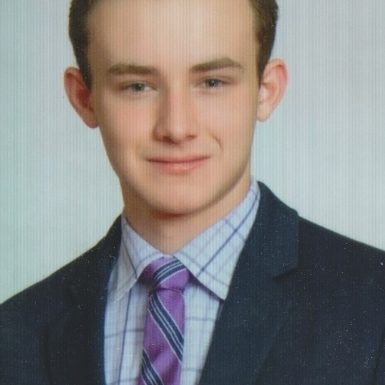RAND and the Development of US Nuclear Thought in the Early 1960’s

James Miguel Esperne
Email: jamesesperne2023@u.northwestern.edu
Faculty Advisor: l-hein@northwestern.edu
BIO
My name is James and I’m a history major in Weinberg. Last year, I worked in the United States House of Representatives. There, I performed research pertaining to national security and foreign affairs. This summer, I will work as a Nuclear Deterrence and Defense Strategy Research Intern at the Hudson Institute in Washington, DC.
Q&A
My research topic is the Research and Development (RAND) Corporation’s influence on US nuclear strategy in the early 1960’s. I argue that RAND had a direct influence on the Kennedy administration’s consideration of a nuclear first strike against the USSR and on the revised Single Integrated Operational Plan (SIOP-63) developed under Secretary of Defense Robert McNamara.
I am a longtime follower of nuclear strategist Herman Kahn, arguably RAND’s most famous employee and founder of the Hudson Institute. After reading his book On Thermonuclear War, I became interested in his — and RAND’s — influence on US nuclear policy. I found that much of RAND’s impact occurred during the Kennedy administration, and the RAND-inspired SIOP-63 became the United States’ general nuclear strike plan for over forty years.
Where do you see the future direction of this work leading? How might future researchers build on your work, or what is left to discover in this field?
Much has yet to be discovered regarding the influences of specific RAND employees in the Kennedy administration, an endeavor which requires access to all of Secretary McNamara’s memorandums and internal discussions of the National Security Council.
Future researchers might build on this work through examining the efficacy of RAND’s plan on deterring the Soviet Union from a preemptive nuclear strike, as seen in the Cuban Missile Crisis and later the Able Archer NATO exercises in 1983.
After graduation, I hope to work as a staffer on Capitol Hill, specializing in foreign affairs and national security. In the immediate term, I have accepted a summer internship position at the Hudson Institute in Washington, DC in which I will conduct research on nuclear deterrence, arms control, space, and missile defense.
